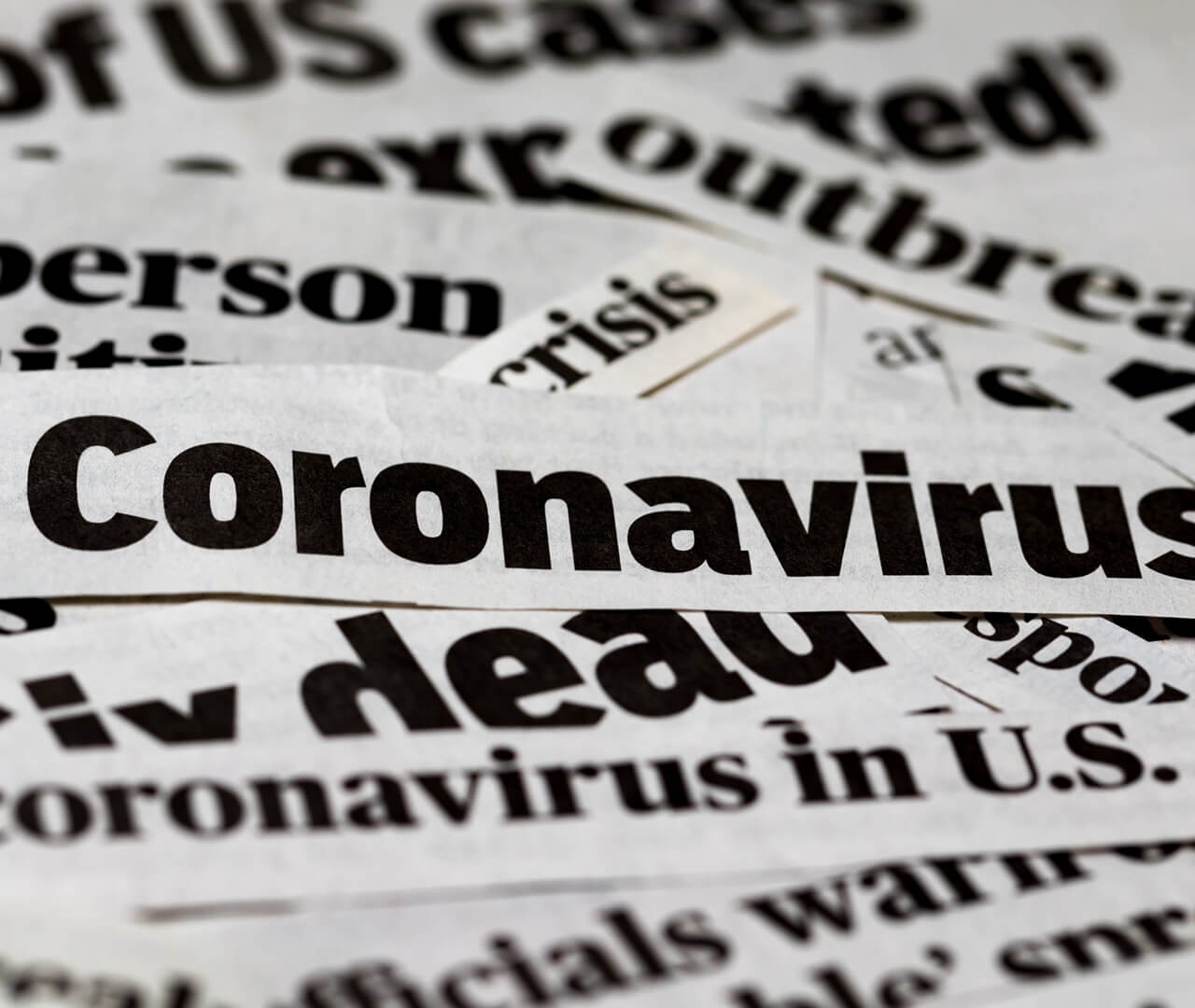As originally published by PRNEWS’s Crisis Insider
[Editor’s Note: With the pandemic raging in some parts of the world, this edition’s dialogue centers on crisis and the coronavirus. We asked Tim Schramm, EVP, Coyne Public Relations, and Dirk Lenaerts, joint managing director at CS&A, the global crisis consultancy, about sustaining crisis skills virtually. We also asked: Has the pandemic changed how business leaders think about crisis? Their edited responses are below.]
Crisis Insider: How do you sustain crisis management skills in a virtual environment?
Tim Schramm: There are several options. For example, I recently attended a virtual two-day crisis management seminar that was originally an in-person event scheduled to take place months earlier. The speakers did a nice job of initiating dialogue among attendees. They made it a point to get volunteers to speak and create a discussion.
It was a great example of how business leaders are adapting to today’s circumstances.
I’ve always liked online seminars featuring noteworthy speakers. That option continues to be available in this moment, of course.
In addition, we, and other firms, offer cloud-based systems for employee education that include crisis-management education opportunities. These are great resources.
Like many communicators, I also keep apprised of industry trends via the trades, LinkedIn, and other key sites and newsletters.
Dirk Lenaerts: We have been conducting virtual training for the last three years, in addition to setting up an e-learning course on crisis-management skills.
There is no cookie-cutter approach to skills building. Some organizations require training on how to handle the media; others will need to review their emergency procedures, while still others might need coaching on how to deal with unprecedented levels of stress.
- The first step is to assess your needs.
- Next, it’s about setting aside time on a regular basis to develop skills through both online training and exercises.
Importantly, the shift happens when people have had the chance to practice the skills extensively, so they become second nature.
Crisis Insider: Has COVID-19 changed the mindset of corporate leaders? Is crisis preparedness receiving more attention as a result?
Lenaerts: Overall, the topic of crisis management is receiving unprecedented attention. Some companies have taken important steps to improve their preparedness, however others, which have experienced little impact from COVID-19, have not and live with a false sense of safety.
Moreover, the human psyche wants to forget hardships and move forward in a positive way. It does not come naturally to think about a second wave or worst-case scenario.
Crisis preparedness is about being ready for all crises, not just the return of COVID-19. In the book, “The Ostrich Paradox: Why We Underprepare for Disasters,” Robert Meyer and Howard Kunreuther explore why we continue to underprepare, even if crises are becoming more frequent.
Nonetheless, this is an unprecedented moment for business leaders to make changes now that the experience and lessons learned are top of mind. Now is the time for organizations to review how they weathered this storm, recognize shortcomings and implement improvement plans.
Schramm: Generally, corporate leaders realize crisis preparedness needs to be addressed, whether that means refreshing existing protocols, creating something from scratch, media training spokespeople or reimagining their approach altogether.
That said, preparedness often becomes important but not imperative compared to other business priorities, particularly if crisis situations are infrequent. But it only takes one crisis to cause lasting damage.
I agree with Dirk that preparedness is important for crisis in general, not just for a certain issue. In recent years, cyber security has made businesses rethink their readiness, but clearly COVID-19 has brought a whole new level of attention to the subject.
Crisis preparedness is not static; it constantly evolves based on emerging market conditions, new personnel and a variety of other factors.
In an ideal situation, crisis preparedness is continually enhanced.
We recommend companies conduct a thorough review of their crisis preparedness annually.
Crisis Insider: How do you recommend people assess how their company did during the pandemic’s early months? How do you ensure lessons learned are implemented?
Lenaerts: The pandemic has been different than other crises because it affected everyone.
As a result, the public has been somewhat forgiving of corporate leaders. This will be much less the case if there is a second wave, which is why it’s important to assess how your company did and implement the right changes.
Having advised clients in Asia, Europe and North America, we have seen that the mistakes made are often the same, and that business-unit leaders often fail to learn from their colleagues in other regions.
That’s why we have been helping to implement global-assessment programs that provide a bill of health and allow organizations to capture lessons learned from various parts of their businesses, both functionally and geographically.
After the assessment, the next step, and an absolute essential one, is to use the findings to get the proper buy-in at the management level and move from strategy into action.
Schramm: We recommend conducting a post-crisis debrief to review what went well, what could work better, and what procedures, if any, should be revised.
Review the structure and flow of information.
- Was it easy or difficult to gather facts, align on strategy, get materials approved, etc.?
- Is there anyone who should be involved earlier?
- Did you have the right spokesperson?
- Were there issues related to media relations or social media engagement?
Next, assess stakeholder feedback to determine the following:
- Were stakeholders satisfied with the response from your company?
- Was there brand support or backlash?
- Did your response mitigate or exacerbate the situation?
- Was there damage to the brand’s reputation?
- Are there lingering questions that need to be addressed?
- Is the issue likely to reoccur?
In addition, it is important to review internal communication and feedback. Depending on the crisis severity and duration, follow-up communication may be needed to address concerns.
Evaluating these areas and more while the facts are fresh will enable lessons to be learned and incorporated moving forward.



